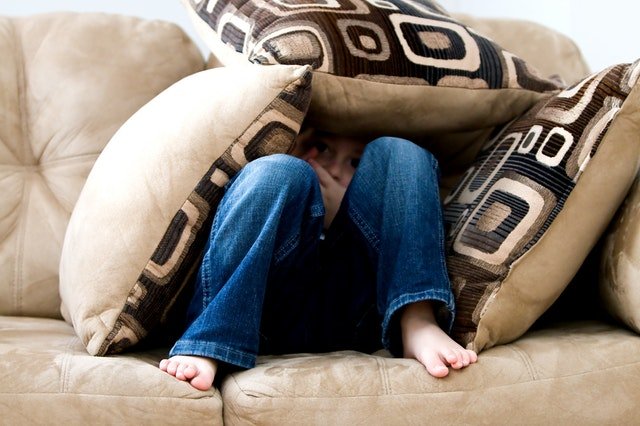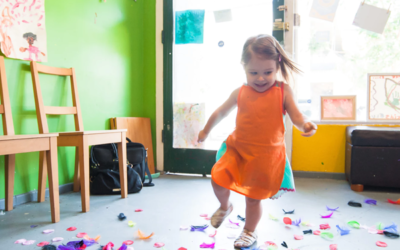For many parents, bullying brings up memories of the schoolyard. You may have memories of yourself or a friend being bullied in the classroom or on the school bus.
But today, social media has created a whole new realm for bullying, expanding the problem and making it easier for children to be harassed.
If you’re concerned that your child may be being bullied, look for these signs.
Difficulty Sleeping
Difficulty falling or staying asleep, or tiredness in the morning could be a sign of bullying or depression. Your child may be too anxious to fall or stay asleep; they may be crying themselves to sleep or having nightmares. Wetting the bed is another sign of fear or anxiety in a child.
Unexplained Injuries
Does your child come home from school with bruises, scrapes, cuts or torn clothes? When you ask your child about the injury or ruined clothing, do they appear nervous or avoid answering your questions? Attempt to assess if these are normal injuries as a result of play, or a sign of playground bullying. Ask them open-ended questions such as, “What happened at recess today?”
Avoids Social Situations
If you notice your child has lost friends or has developed a reluctance to spend time with them, this may be a sign of bullying. You may also notice your child is afraid to ride the bus or avoids school entirely by skipping classes or feigning an illness. They may go to the school nurse with a mystery ache to get you to pick them up early from school. If you’re beginning to notice a pattern, try talking to them about it. “I’m starting to notice you’re feeling sick a lot lately. Is everything okay at school?”
Changes in Eating Habits
If you notice your child’s eating habits are changing, such as skipping meals or binge eating, this can be a sign that something’s wrong. If your child comes home from school very hungry, it could be because they didn’t eat lunch. They could be too nervous during lunch time to eat, getting their lunch or lunch money stolen, or possibly avoiding the cafeteria entirely because of bullying or harassment.
Changes in Social Media Habits
When a child is being bullied online, they may start spending too much time on their devices or avoiding them entirely. Monitor their social media sites by friending or following, and if you suspect bullying, check their phone for harassing messages. You may also want to look into parental control and monitoring apps.
If you believe your child is being bullied at school, contact their teacher, the school principal or the school counselor or psychologist. You can also visit StopBullying.gov for more help and resources. If you or your child need professional help to deal with a bullying situation, please call our office today so we can schedule an appointment.

6 Ways that Alcohol Makes Depression Worse
A great many alcoholics are also suffering from major depression. Because alcohol can feed our brain’s serotonin receptors, it can make someone feel good for a short amount of time. But eventually the person crashes and feels even worse than they did before.And this...
How to Help Your Young Child Get Ready for the School Year After Summer Break
It’s that time of year again when big yellow buses can be seen driving around the neighborhood and school bells begin ringing. Going back to school can definitely be an exciting time for parents and children.But for some kids, especially younger ones, going back to...
A Meditation Exercise You Can Do with Your Child
As a busy parent of a young child, you may find it challenging to find the time or space to meditate. One solution is to bring the two together, and have your child meditate with you.Meditating with Young ChildrenFor children five and under, it will be difficult for...
Quick! Get Your "Top Tips For Getting the Most Out of Counseling" Cheatsheet!
Like some of what you've seen and want to see more? Sign up for our Mailing List for a free cheat sheet on making the most out of counseling. Our list members also gain access to exclusive specials and announcements, as well as the latest from our Counseling Blog!




